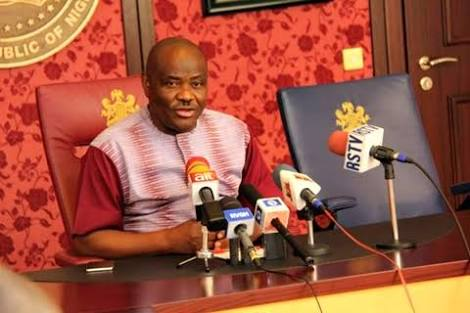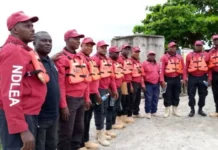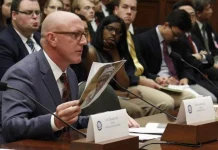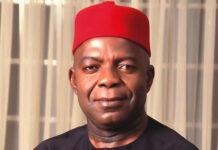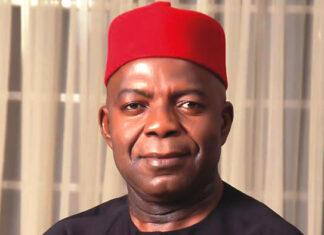The Economic and Financial Crimes Commission (EFCC) has secured a warrant to arrest four top officials of the Rivers State government in connection with N117 billion suspicious transactions.
The cash was allegedly withdrawn over the counter in the last three years.
The officials to be arrested include the
Director of Finance and Accounts at the Government House in Port Harcourt, Fubara Similari and the cashier. They may be declared wanted if the move to arrest them fails, it was learnt yesterday.
There were indications last night that the officials had gone underground following the decision of the state government not to hand them over to the EFCC.
After obtaining a court’s green light to arrest the four key suspects implicated in the cash withdrawals, the EFCC has its detectives on standby to arrest them.
“The EFCC is also now empowered by the law to watch-list these state officials which will make it possible to pick them up in any part of the country and abroad.
“So, we are now on the trail of the affected officials. But, if they remain underground, we may declare them wanted.”
Responding to a question by The Nation, the source said: “None of the officials has immunity from arrest, investigation and prosecution.”
The Rivers state government has said that an order that its officials should not be arrested was yet to be vacated.
But the EFCC source said: “The reference to a 2007 court order by the Rivers State government is just a desperate attempt to cling at any straw.
“We have records to show that when Governor Nyesom Wike was Chief of Staff at the same Government House, he was invited, interrogated and detained by the EFCC on June 10, 2008.
“As a law-abiding agency, the EFCC will continue to do its work without fear or favour. We will get to the root of the illegal withdrawal of N117 billion in cash and without official records.”
The source admitted that the bank where the cash was withdrawn refused to avail appropriate agencies of a “Suspicious Transaction Report (STR)”.
“This is a case of gross violation of Money Laundering (Prohibition) Act 2011, especially sections on Special surveillance on certain transactions and Limitation to make or accept cash payment,” the source added.



